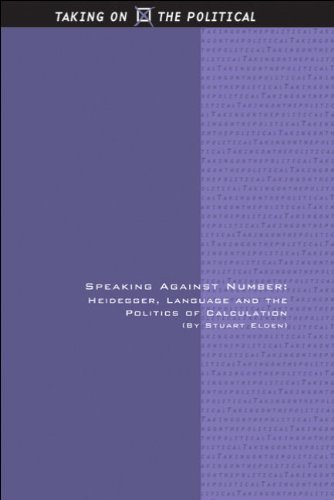

Most ebook files are in PDF format, so you can easily read them using various software such as Foxit Reader or directly on the Google Chrome browser.
Some ebook files are released by publishers in other formats such as .awz, .mobi, .epub, .fb2, etc. You may need to install specific software to read these formats on mobile/PC, such as Calibre.
Please read the tutorial at this link: https://ebookbell.com/faq
We offer FREE conversion to the popular formats you request; however, this may take some time. Therefore, right after payment, please email us, and we will try to provide the service as quickly as possible.
For some exceptional file formats or broken links (if any), please refrain from opening any disputes. Instead, email us first, and we will try to assist within a maximum of 6 hours.
EbookBell Team

5.0
70 reviewsNumbers and politics are inter-related at almost every level -- be it the abstract geometry of understandings of territory, the explosion of population statistics and measures of economic standards, the popularity of Utilitarianism, Rawlsian notions of justice, the notion of value, or simply the very idea of political science. Time and space are reduced to co-ordinates, illustrating a very real take on the political: a way of measuring and controlling it.
This book engages with the relation between politics and number through a reading, exegesis and critique of the work of Martin Heidegger. The importance of mathematics and the role played by the understandings of calculation is a recurrent concern in his writing and is regularly contrasted with understandings of speech and language. This book provides the most detailed analysis of the relation between language, politics and mathematics in Heidegger's work. It insists that questions of language and calculation in Heidegger are inherently political, and that a far broader range of his work is concerned with politics than is usually admitted.
Key Features:
A unique introduction to the political dimension of Heidegger's work, opening it up to a wider audience
Offers an original exploration of the relationship between language, mathematics and politics in Heidegger's thinking
Shows how questions of politics and calculation are inter-related in modern conceptions of the political